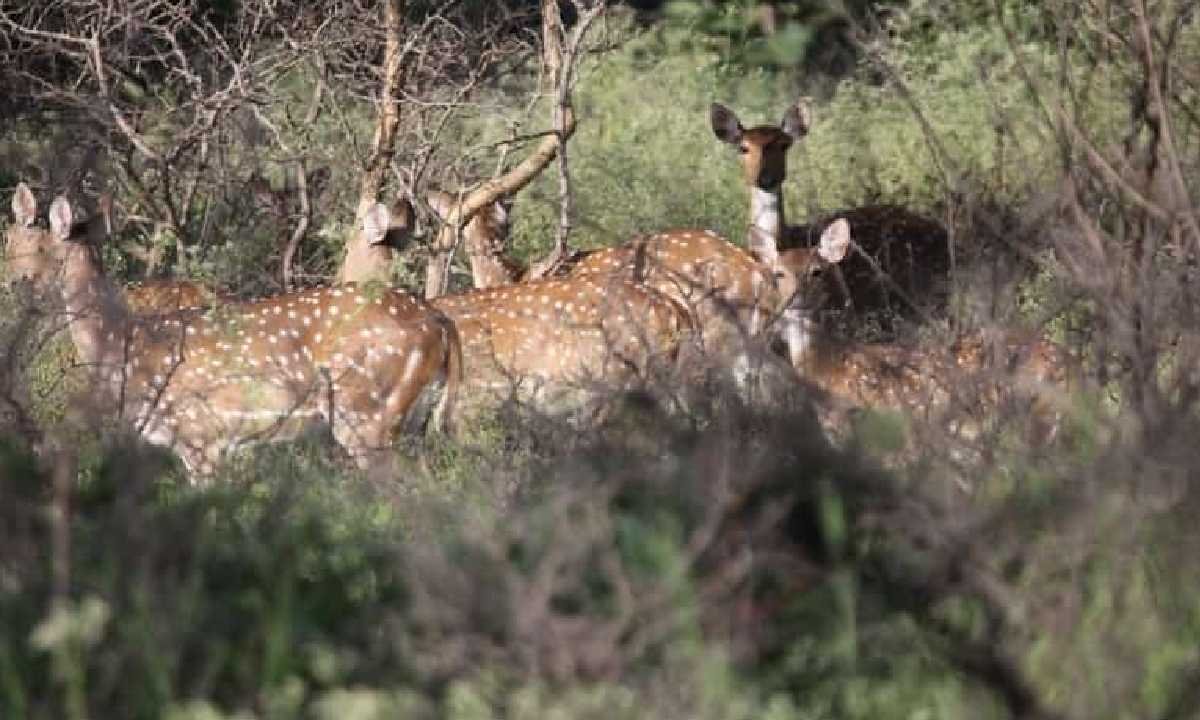
Glue traps, which are commonly used to catch and kill rats and pests, are becoming a threat to wild animals in Mumbai and neighbouring districts, as they often get injured and die after coming in contact with these devices.
Citing that the use of such devices was in violation of the Prevention of Cruelty to Animals Act and the Wildlife Protection Act, a city-based wildlife organisation has written to the Maharashtra government seeking a ban on the production, sale and use of glue traps.
Glue traps, also known as rat bait stations, are boxes with a strip of adhesive used to catch rodents.
These traps are activated by placing food items, and once a rodent steps into the device, it gets stuck and dies a slow and painful death.
Resqink Association for Wildlife Welfare (RAWW) has written to the chief wildlife warden and principal chief conservator of forests (PCCF), wildlife of the state forest department, appealing for a ban on the production, sale and use of such traps.
The use of glue traps was not only an inhumane way of dealing with pests, but several protected species were also falling prey to this, RAWW founder and honorary wildlife warden Pawan Sharma stated in the letter.
The RAWW has rescued different species of wild animals, birds and reptiles such as squirrels, bats, kingfishers, owls, python and monitor lizards from such traps, he said.
Glue traps are a major cause for concern in urban areas, where they are regularly used by pest control agencies, at factories, companies, residential and commercial areas.
Talking to Agencies, Sharma said, “Several cases of animals dying or getting injured due to glue traps go unreported due to lack of awareness and in most instances, people don’t come forward to avoid legal hassles.” Mumbai, Thane and surrounding areas have a unique biodiversity that needs to be protected and conserved, he said.
The RAWW has been campaigning to spread awareness and was appealing to citizens and officials to understand this issue and address it by stopping the use of the device and discontinuing its production, he said.
“Glue traps are also a potential human hazard, as rodents that get trapped in it remain alive for hours and slowly die of trauma, pain and starvation, and eventually become carriers of dangerous diseases,” Sharma said.
Moreover, there is no clarity on the safe disposal or audit of these traps, which are discarded with regular garbage and they pollute the environment, he added. Sharma further claimed that the use of glue traps or rat bait stations is in violation of the Prevention of Cruelty to Animals Act, 1960, Wildlife Protection Act, 1972, Environment Protection Act, 1986, Indian Forest Act, 1927 and Indian Penal Code.
According to veterinarians Dr Rina Dev and Dr Priti Sathe of the RAWW, if a bird gets stuck in a glue trap, its feathers and wings get damaged and this can result in permanent loss of its ability to fly. Reptiles and mammals lose their skin when they get stuck and their internal organs are left exposed, which can lead to death if they are not provided timely medical attention, they said.

